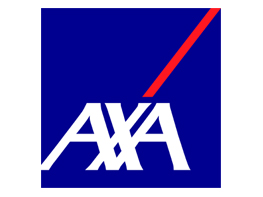Brokers
The Uncertainty of Certificates

Brokers and agents are often asked by their clients seeking to win bids for business to certify coverages that aren’t in their policies, strike language in the standard certificate form to comply with contractual requirements or issue certificates that include additional insureds that are not named on their policies.
As these issues continue to simmer in the marketplace, a majority of states have enacted laws and regulations to limit problems arising from excessive demands, and making it illegal for agents and brokers to list verbiage on certificates of insurance that does not accurately represent what the policy covers.
Certificates of insurance are merely “snapshots” of policies, and should never be relied upon in the same manner as the actual policy.
The new state requirements are due in large part to extensive lobbying efforts by groups like the Independent Insurance Agents & Brokers of America Inc. in Alexandria, Va., said Bill Wilson, the group’s associate vice president of education and research.
“We didn’t do it to be punitive to agents, but rather to give them a reason why they can’t put certain wording on a COI if it misrepresents the policy terms,” Wilson said.
“It’s illegal for them to do so, and that’s why they have to refuse,” he said.
Problems often arise when “savvy” landlords, lenders, contractors and rental companies dictate specific insurance requirements that some agents and brokers “are just not familiar with, or are paying much attention to,” said Susan McCaffrey, area vice president, senior client service manager at Arthur J. Gallagher & Co. in Kansas City, Mo.
She said she has encountered such problems when taking over accounts from other brokerage firms.
For example, a property owner might require a client to provide a workers’ compensation alternate employer endorsement to protect the owner if one of the client’s employees is injured on their property, McCaffrey said.
Most national carriers are willing to provide the required forms, but smaller or regional insurance companies are not as willing to provide the required forms or will charge a premium.
Barb Wurst, a client executive in the Minneapolis office of the Marsh & McLennan Agency LLC, said her team sometimes encounters outdated wording or erroneous requirements that need to be clarified.
“Reviewing contracts and the certificate of insurance requirements before the contracts are signed is critical to being able to negotiate with carriers,” Wurst said.
“If we can review them before our clients sign the contract, it makes everything down the road go smoother.”
Certificates of insurance are merely “snapshots” of policies, and should never be relied upon in the same manner as the actual policy, said Bryson Popham, managing partner in the Annapolis, Md., law firm of Popham & Andryszak.
Moreover, certificates can be rendered obsolete immediately following issuance, because the policies they describe can be cancelled the next day.










